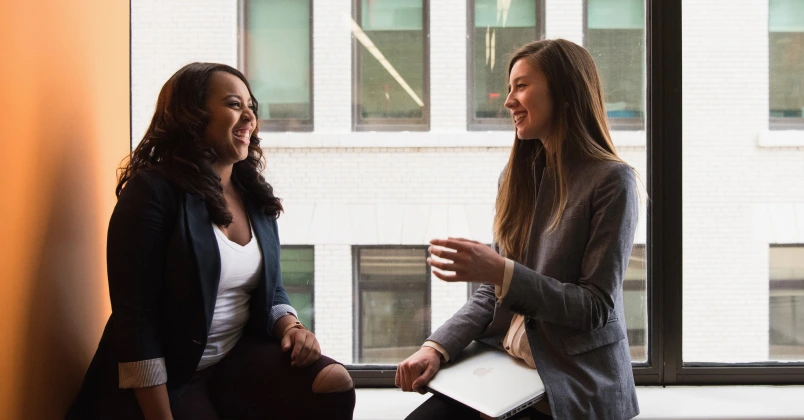Tailored explanation for how Founders qualify.

.png)



You've raised some institutional capital, past or present. You’ve won individual awards related to entrepreneurship or your current sector. Forbes 30u30, EY entrepreneurs and equivalent industry accolades are helpful, non-exhaustive.
You've judged competitions in your field, such as hackathon or startup pitches. Equally helpful if you have been a publication review for technical papers.
You have a granted patent, or contribution as a leader to generating significant traction in your current or past roles.
You own significant equity or have been paid a relatively high salary in your field, typically within top 5% of reported salaries for your roles and city.
Thought leadership in professional journals, major publications, or trade media with significant circulation. Examples include bylined articles in Harvard Business Review, McKinsey Quarterly, Forbes, or respected industry publications. Speaking at major conferences can be helpful.
You've held a C-suite or senior leadership role essential to an organization with a distinguished reputation. You dont need to be a Fortune 1000 companies leader to qualify.
You've gone through a well-regarded Accelerator or local Incubators, such as Y Combinator, Techstars or 500 Startups. Individual membership with <5% acceptance rate, such as IEEE, AAAI, or Thiel Fellowship can be helpful.
You and your work have been covered by international, national media, or well regarded publications in your field of expertise.
For founders pursuing the O-1 visa, the key is to demonstrate extraordinary ability through measurable impact. Selection for accelerator programs such as Y Combinator or Techstars is helpful, but cannot and is not a guarantee to get the O-1. Industry engagement like panel speaking or keynote speeches are helpful.
You will need to get credible, senior industry references to vouch for your impact, typically through traction or technology breakthrough of your past or current professional contributions. The most important thing is to put together a cohesive narrative, which specialised legal professionals really add value.


Extending your credibility beyond the success of the company itself. You will need business performance and expert opinion to establish your extraordinary ability.
Getting the proper external recognition in awards, publications, speaking invitations, or collaborative projects help illustrate that to USCIS. Corporate structure also plays a critical role. You will need to be guided through setting up a board and have the right employment contracts if you don't have it already.
We pre-vet our attorneys with strong track records, so you don’t have waste months finding a good one.

We are trusted by Stealth, YC Backed, to Series D Founders. From deep tech to sales led businesses.

Work with 15+ years of combined extraordinary visa knowledge. We are confident in your approval.

We guarantee to complete the petition drafting and submission within 1 month of receiving all supporting documents required to file your long term visa or green card petition. Beyond Border is amongst the fastest legal service provider in the industry, thanks to our tech-enabled approach to petition filing and focus on technologists.
The fee will vary depending on the visa or green card type that best suits your need, but you should budget between US$8,000-10,000, excluding government fees and depending on your long term visa or green card category.
You can visit USCIS's free fee calculator to get an estimate for the associated government fees to process your visa.
Beyond Border is a modern immigration platform founded by immigrants from the technology industry for immigrants. We leverage technology to speed up the end-to-end U.S. immigration petition process, and work with a carefully curated network of attorneys who specialize in U.S. immigration cases for technologists.
Our attorneys maintain a 98% success rate throughout their careers with more than 4,000 approvals. We work exclusively with venture backed tech operators and researchers, which allow us maintain a high approval rate and provide profile building advice given sector expertise.
If your application is rejected, we will review the reasons for denial and help you reapply by addressing any issues or missing documentation.